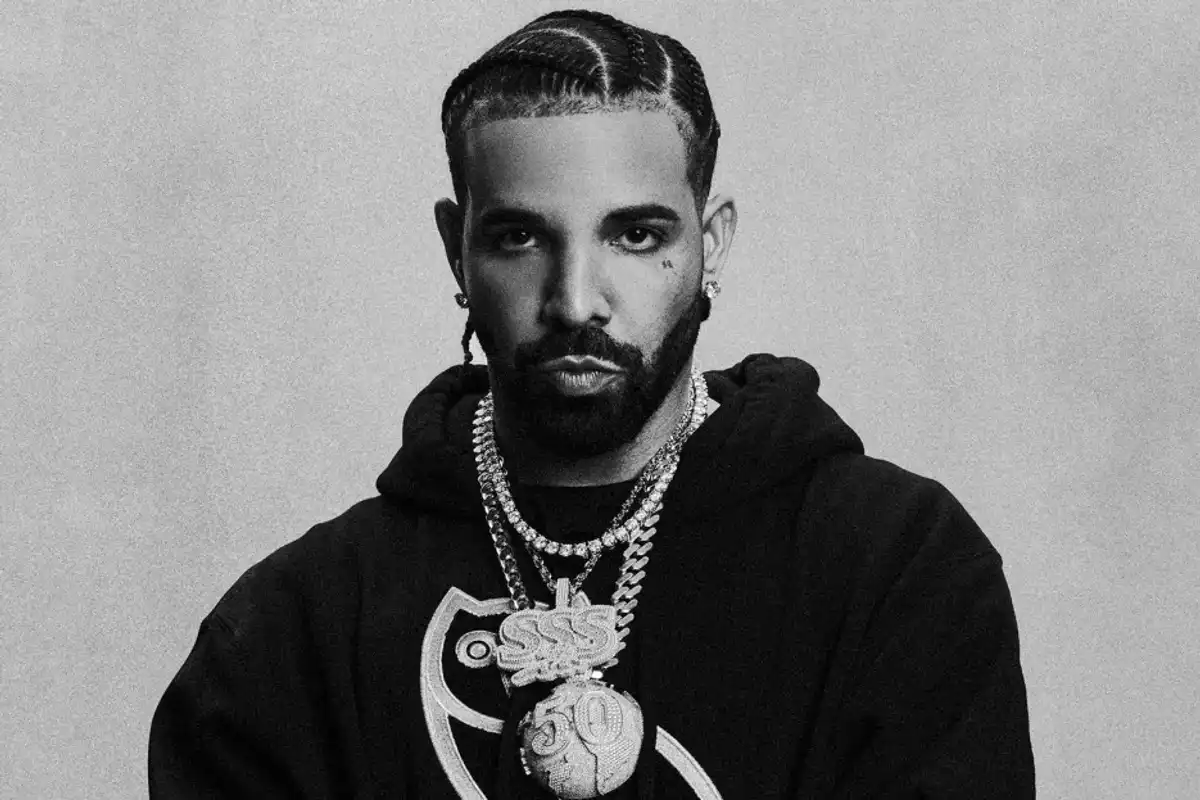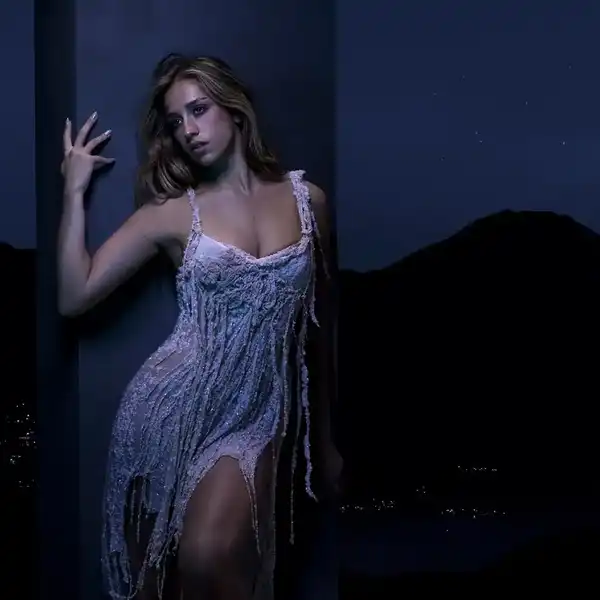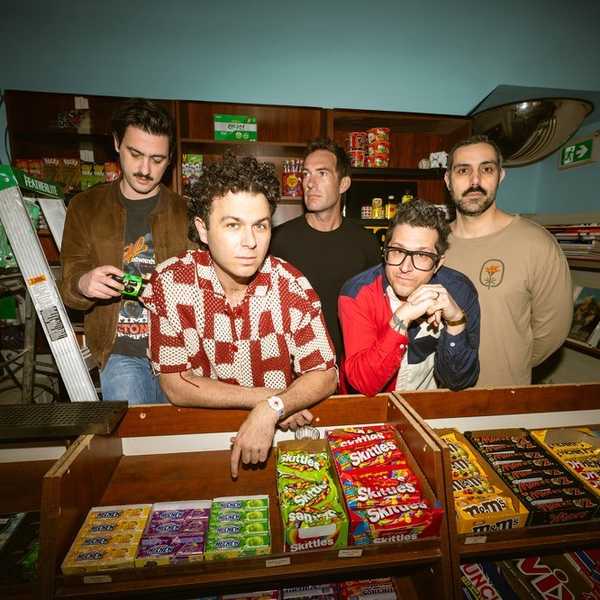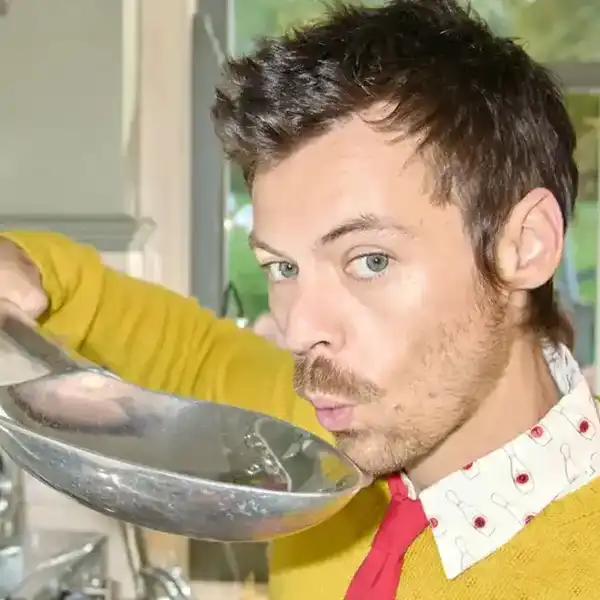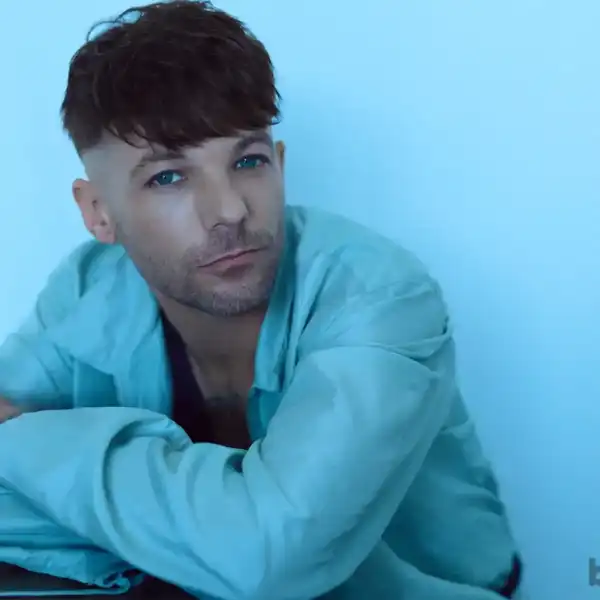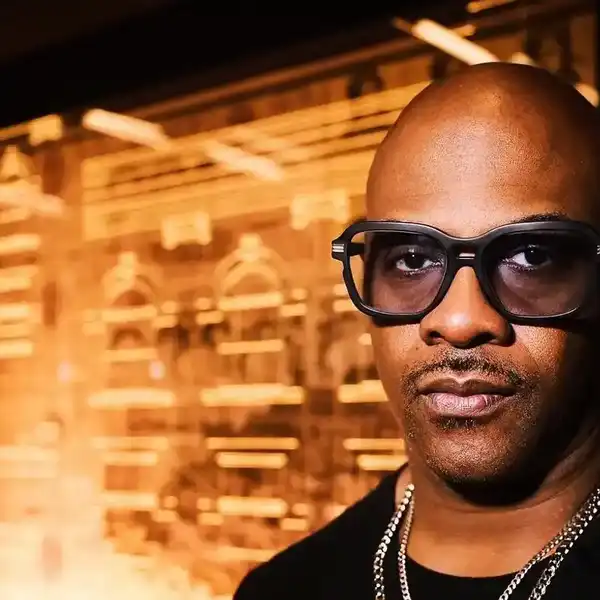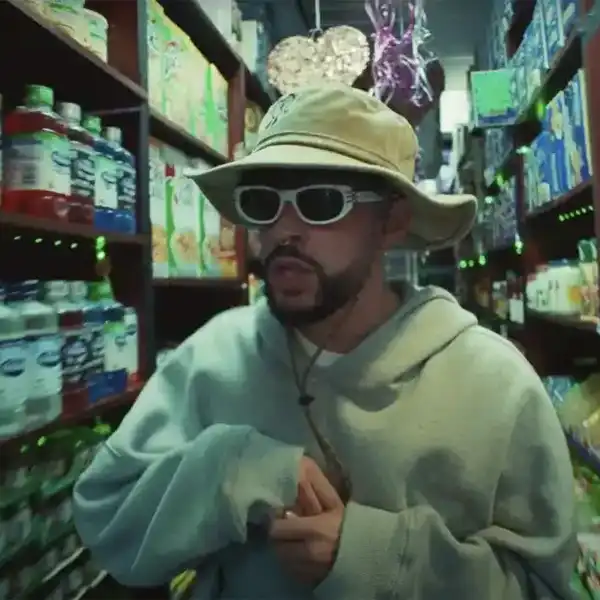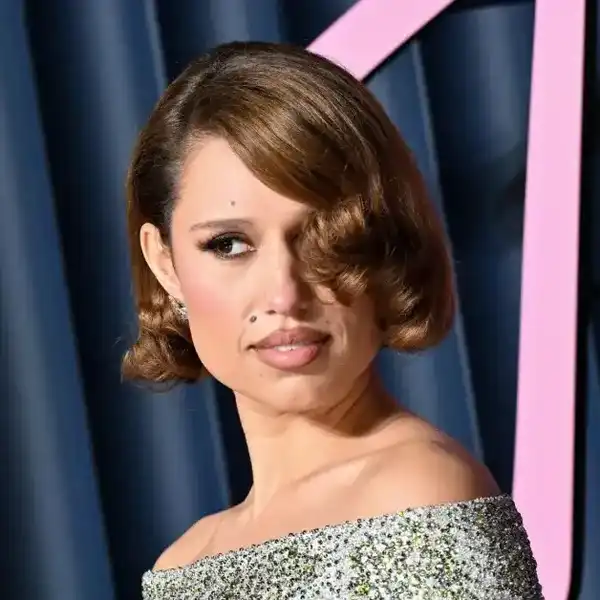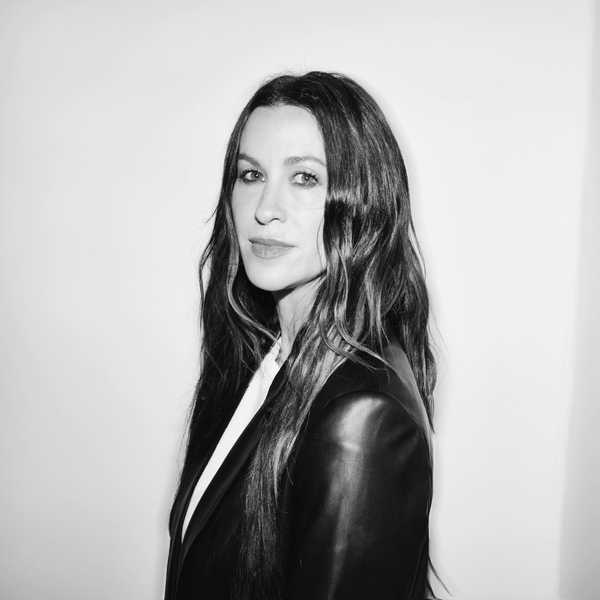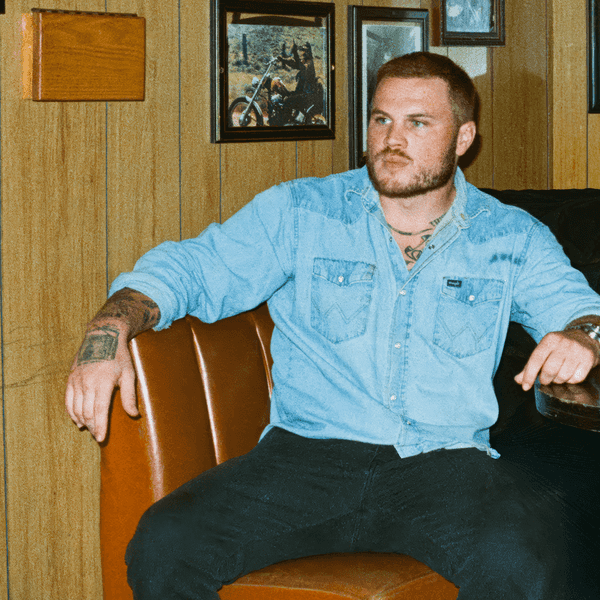Five Questions With… Twin Flames
The Indigenous husband and wife duo expands its sound on a new album, OMEN. Here the pair discuss the musical evolution, favourite new songs, pandemic challenges, and the current situation for Indigenous artists.
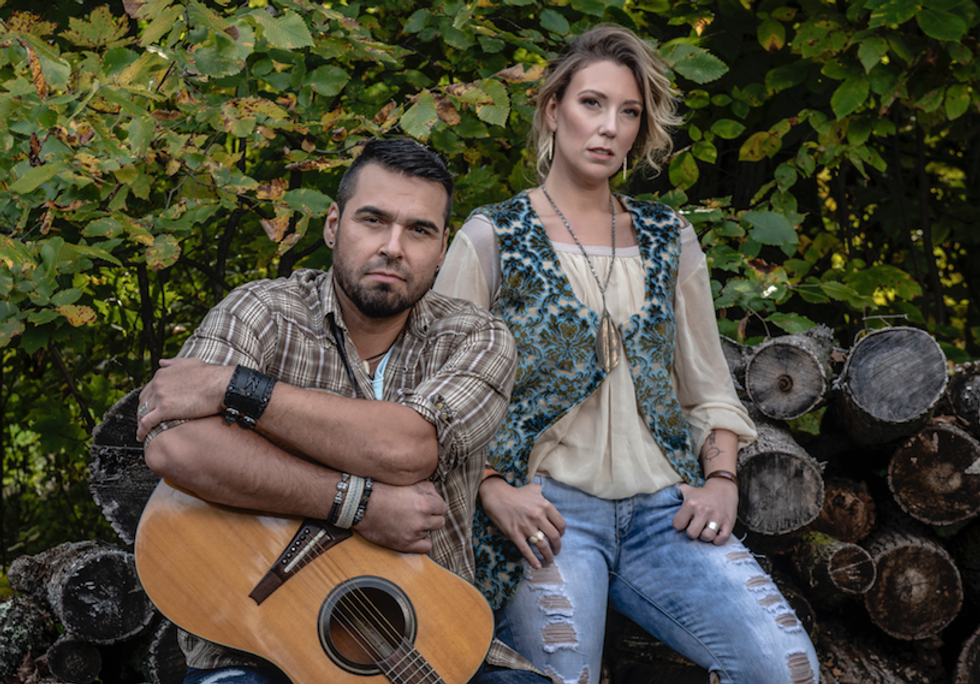
By Jason Schneider
Twin Flames, the husband and wife duo of Chelsey June and Jaaji, has just released its latest album OMEN, a sonic departure from the folk-based music they have previously been known for. Experimenting with pop and synth-heavy sounds, Twin Flames based OMEN on ideas exploring a dystopian reality, global warming, and humankind being free of social classes.
Mental health and addiction are specifically addressed on the album’s latest single, Battlefields, topics that hit home with the couple. Their aim with the song (and OMEN as a whole) is to face the stigma associated with these issues head on, particularly in how they affect Indigenous communities in Canada, which continue to have some of the highest suicide rates in the world.
Chelsey June, who is Métis (Algonquin Cree) and Jaaji, Inuk and Mohawk from Nunavik, have long honoured their ancestors through singing in Inuktitut and French as well as English. It’s earned them multiple Canadian Folk Music Awards, Native American Music Awards, and a stint serving as artist-in-residence for the 2019 Folk Alliance International conference, among other accolades.
OMEN’s distinctive approach incorporates Indigenous Spirit flutes, traditional drums and traditional Inuit throat singing to augment its darker, edgier sound, previewed this summer on their stunning cover of The Tragically Hip’s Grace, Too, made in tribute to Gord Downie and his dedication to reconciliation.
With OMEN, Twin Flames question how the human mind can endure the darkness, and still find a way to bloom. Find out more at twinflamesmusic.com
How would you describe OMEN in relation to your past work?
Jaaji: OMEN is leagues above anything we have produced to date. It has been a project that really had time to grow and evolve along with us. It took a year to complete the album and we really had time to focus solely on the songs due to being home in self Isolation. We feel that we have also had time to grow as artists and our songwriting and musicianship is a reflection of that. Having the cast of musicians and are incredible producer also helped to take OMEN to the next level.
What songs on the record are you most proud of and why?
Chelsey: Shadows was a very difficult song to get out and touched on many emotions that I have bottled up for years. It was finally time to tell my story of my past struggles with addictions and this song is that for me. I also pushed myself vocally to a range that I was usually too shy to try.
Jaaji: Without Tears is a song I’d written many years ago and it was finally ready to come to life on this album. To hear it now the way it has been produced with so many sounds of my childhood influences really takes me back. The song is epic and huge—everything I hoped it could be and more.
How have you adapted to engaging with your audience over the past few months?
Chelsey: We have had to be much more present on social media, and we’ve pre-taped some shows with a video crew and sound tech. We have had to learn a new skill set for performing live to a camera on our online shows, but we’re getting really good at video production!
Jaaji: We also built a home studio in order to finish the album. Learning how to use all the technology we had to invest in has been a great experience though. For our album launch, we created a fun interactive experience called “12 Days of OMEN,” which people can still sign up for on our website. It is a free experience offering daily emails and links to the “members only” part of our site. It includes the inside scoop on all the songs, as well as special interviews with us and all the people who helped bring this album to life.
What's your mindset looking ahead to next year and the prospect of hopefully touring again?
Chelsey: It is a very scary time for artists. We continue to stay hopeful that as a collective we will come up with ways to keep our industry alive. Music is such an important part of peoples’ lives, health and wellbeing. We have some live shows starting again but audience sizes are limited and audience members are still weary so we are not sure what to expect. We just hope to be able to make it through this time and continue to be full-time musicians.
As Indigenous artists, are you hopeful that the Canadian music industry, and audiences, are embracing more diversity?
Jaaji: It has for sure improved. We have seen the progress in our six years in the music industry. But there is still a long way to go. We just want to be seen as musicians and not always slotted into the “brown box.” We still see that many times the industry will use Indigenous bands to access more funding for their projects or festivals, but still pay the Indigenous artists less than the other bands and that is frustrating. It’s really difficult to break out of Indigenous-only categories and be seen, accepted and valued as a Canadian band.
Chelsey: We feel that it is so important for Indigenous categories to exist in award platforms, but the opportunities to be considered outside those categories will be a true testament to change within the industry. As far as audiences go, we have seen both sides with the amount of touring we have done and the locations we have played. Some places are ready for diversity, while others are not quite there yet. We hope to slowly change the mindset one song at a time.

